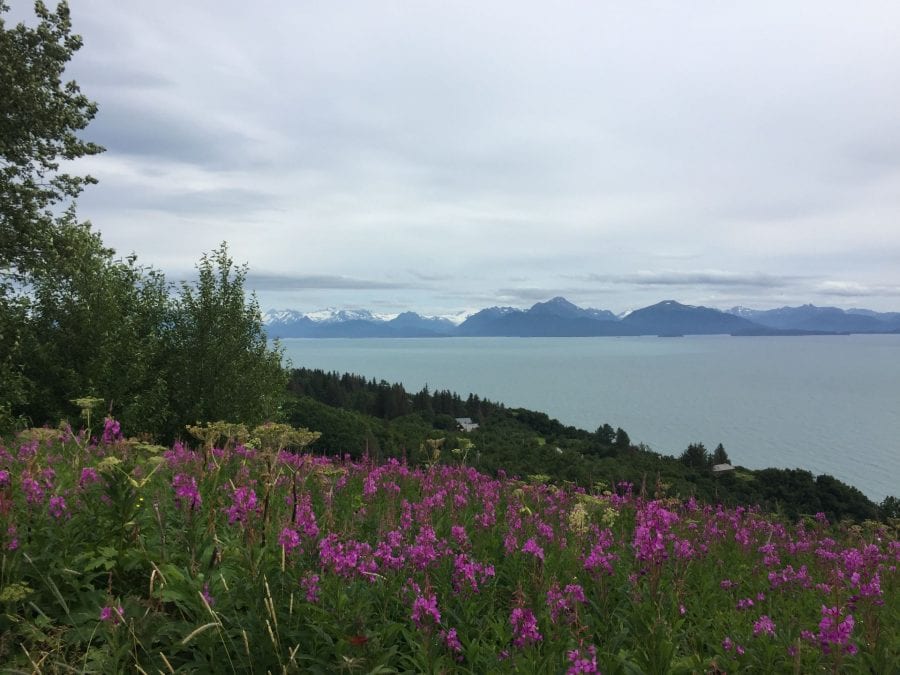Program Overview
The Brown Environmental Leadership Lab (BELL) is a unique option within Brown’s Pre-College Program that combines concepts in environmental studies, ecology, and leadership to help students develop and apply the knowledge, skills and attitudes associated with socially responsible leadership around environmental issues. This summer, The Division of Pre-College and Summer Undergraduate Programs is offering BELL courses in Alaska, Florida, and Rhode Island.
Teaching at BELL
We are looking for skilled science and environmental educators to be part of a staff team that develops and implements a set of experiential lessons to create a transformative learning opportunity. Each BELL curriculum (i.e., Alaska, Florida, Rhode Island) is determined based on the location and local partnerships. The BELL instructors add in the final element of the curriculum: lessons taught by field experts, researchers, and educators from all over the world.
Staff at BELL work in a dual role, assisting with group management and instruction. Each program is entirely unique in the day-to-day structure, and staff are responsible for various operational tasks, such as assisting with student check-in, community building, and policy enforcement. Staff members also teach lessons about leadership skills and/or environmental science, depending on their expertise. Each staff team is intentionally comprised of individuals who, when working as a team, can teach a diverse curriculum–both in terms of content and perspective. Interested individuals do not need prior K-12 teaching experience, but should be excited to teach highly motivated high school students.
Apply to be a BELL Instructor, On Site Coordinator, or On Site Director for summer 2020 and guide a group of academically motivated, passionate high school students through an experiential learning adventure unlike any other.
Contact Jane B. Diener to find out more about open staff positions for summer 2020, which are filled on a rolling basis.
| Course Duration | 8, 12, or 14 days |
| Total Number of Courses | 3 |
| Disciplines Covered | Environmental science, environmental studies, socially responsible leadership, ecology, social and environmental justice, science communication, environmental advocacy, environmental history, native history |
| Daily Class Meeting Times | These are residential courses, so all instructors will live on site with the students (lodging and food, transportation to site provided for Florida and Alaska) |
| Office Hours | Informally during the course, as appropriate |
| Out of Class Work for Students | Students should expect to work on 2-3 hours per night of relevant material |
| Teaching Support | No |
| Additional Student Interaction Opportunities | As this is a residential, experiential learning course, instructors will be a part of the residential community. While instructors have time to lesson plan and do some program logistics, they are also encouraged to spend a large portion of each day interacting with the students, guest speakers, and co-instructors. |
| Professional Development Opportunities |
|
| Program Director | Jane Diener |
BELL On-Site Director and Instructor Checklist
The following checklist is a combination of course administration logistics and action items that you will need to be familiar with before, during, and after your course. Throughout the summer academic season, you will be prompted with email reminders to guide you through key milestones and deadlines.
-
- Communication
- HR: I-9 Process
- Traveling to BELL
- Policies and Procedures
- Marketing
- Finance
- Grading in Banner
- Course Performance Report
- Certificate of Completion
- Student Feedback
- Faculty Feedback


